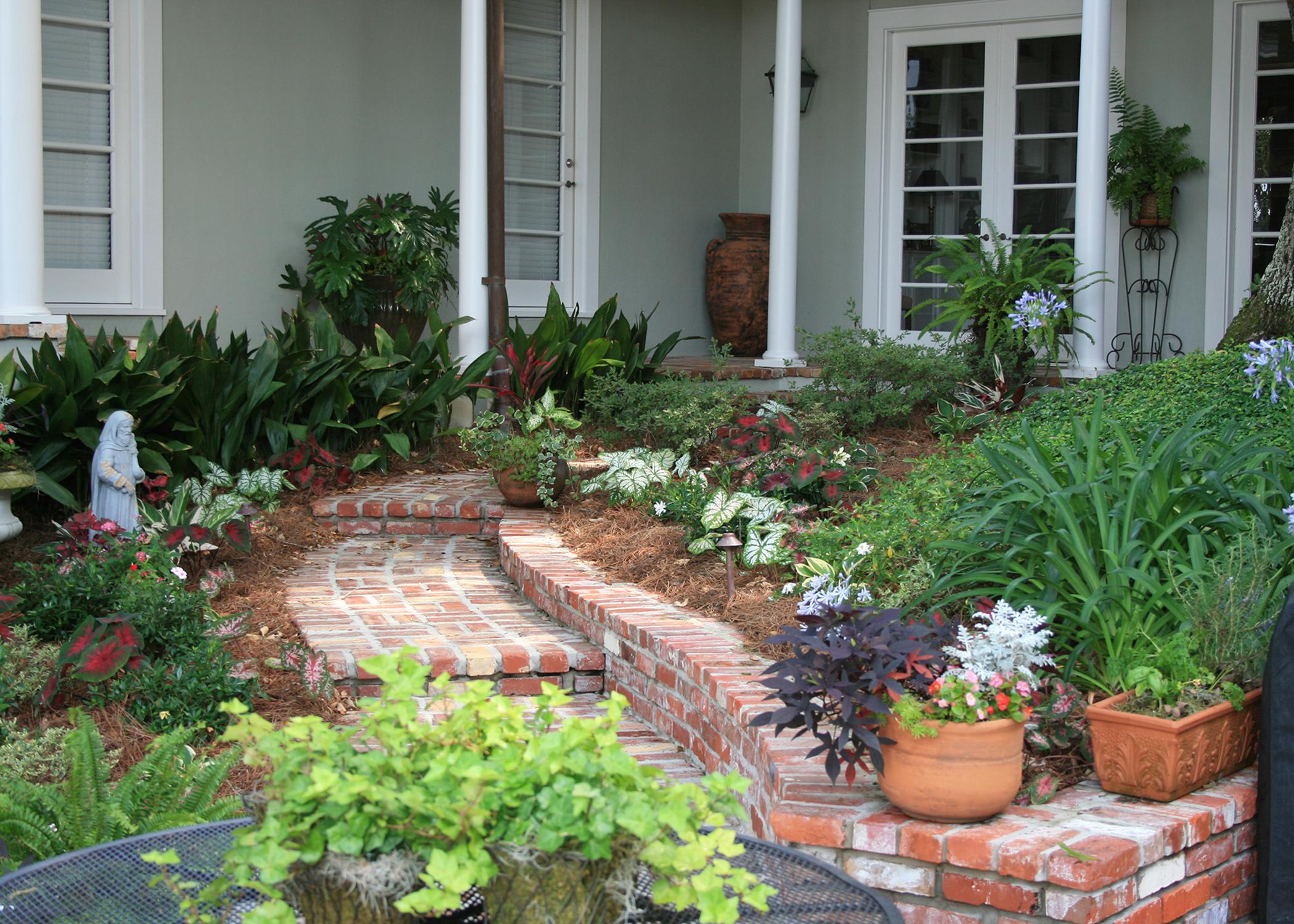Information Possibly Outdated
The information presented on this page was originally released on January 6, 2020. It may not be outdated, but please search our site for more current information. If you plan to quote or reference this information in a publication, please check with the Extension specialist or author before proceeding.
Tips can make garden work easier in 2020
In the gym this morning, I noticed there were many, many more people exercising than usual. It struck me that these folks were following through on their New Year’s resolutions to improve themselves for 2020 -- at least for a while.
As gardeners go, and I’m included in this group, the new year brings our thoughts to the grand potential of our 2020 gardens and landscapes. Thumbing through the catalogs piling up, we make our wish lists for seeds and plants. Man, our gardens are going to be rocking this year.
But, just like the people who will stop going to the gym in a month because exercising is hard, many gardeners will abandon their big ideas because gardening is hard work, too.
It gets hot, and it seems like the garden becomes a never-ending chore. However, it doesn’t have to be that way. Working in the home garden and landscape can be a very enjoyable experience, plus you get fresh tomatoes.
So, here’s a few of my tips to make your 2020 gardening more pleasurable.
- Spreading a 2-inch-deep layer of mulch over your garden is one of the best ways to make gardening a breeze. Just about any kind of mulch stops most weeds from growing and helps your soil hold moisture when the weather is hot and dry. Mulches made from organic matter do double duty by improving your soil as they decompose. Never, ever should the mulch around trees and shrubs look like a volcano.
- Save time and energy during the hot summer months by investing in drip irrigation for your garden and landscape. It prevents you from dragging hoses everywhere and is a great way to conserve water by applying directly where you want.
- Prevent weeds from being a big problem by yanking them out when they’re young. The smaller the weeds are, the easier they are to pull. Plus, you keep them from reproducing. One crabgrass plant can make 150,000 seeds in a season. If you pull the crabgrass before it matures, that's 150,000 fewer weeds to whack in the future! This is also good advice for the nuisance weed chamberbitter, also descriptively called gripeweed.
- Keep a garden journal. This is a tip I’ve shared in the past, and it turns out to be a very useful resource. Jot down notes every week as you garden, and then you can refer to it next year. For example, if you noticed that your phlox started getting powdery mildew last July, try treating it in June to prevent the disease. Also, taking pictures of your garden over the seasons is fun, and you can have a visual record of your garden through the year.
- Keep your garden tools sharp. We rely on various pieces of equipment and tools to make gardening easier, and keeping these tools sharp makes them work their best. Dirt, rocks, sidewalks and soil quickly dull any shovel or hoe. You can maintain a good working edge easily with a cut mill file available at your local hardware store, or you can get a specialized garden tool sharpener. The same advice holds true for a lawn mower blade. A sharp blade cleanly cuts through the grass, while a dull blade simply tears and shreds the grass and results in an unsightly appearance.
I have one last piece of advice that just might save your life, and that is to use sun protection.
This is important for me, as I’ve been dealing with skin cancer for the last seven years. Use a sunscreen of SPF 30 or higher and reapply as directed. Higher SPF does not mean it’s longer lasting, so reapply as directed.
Also, wear a wide brim hat when you're outside working in the landscape. I wear hats that provide a SPF of 50. Forty years ago, there were not the products available that we have today. Use them!
Happy New Gardening Year.









